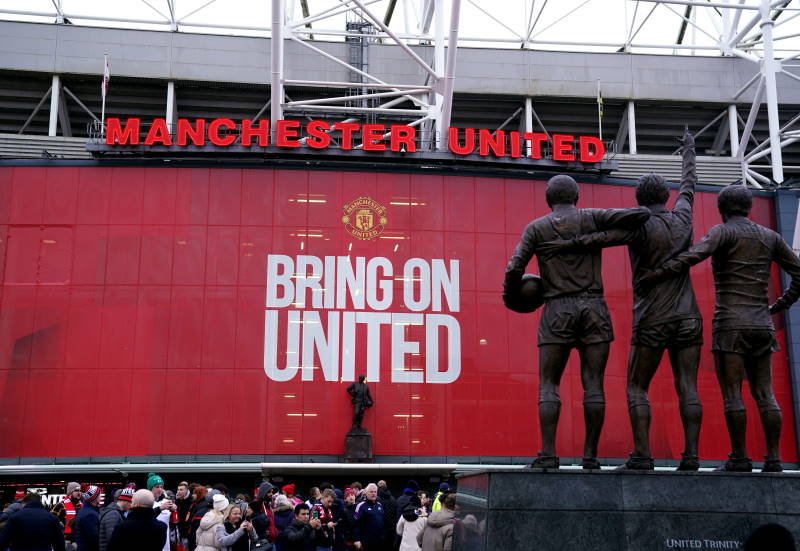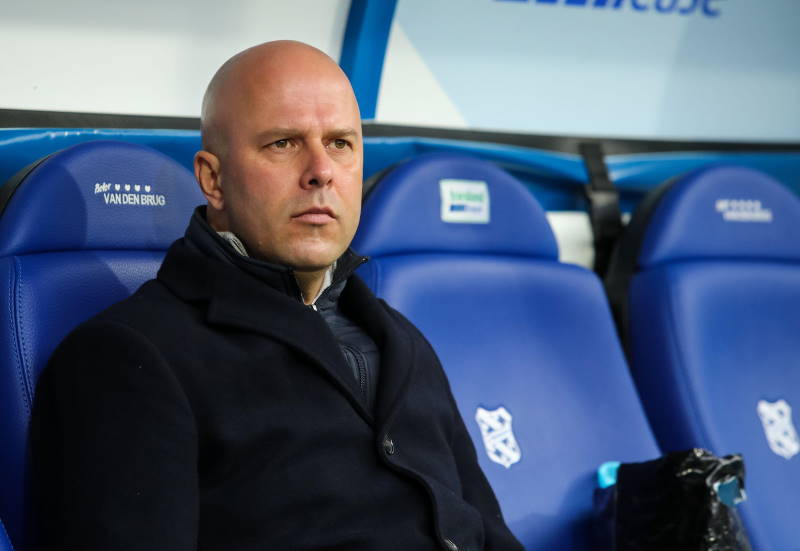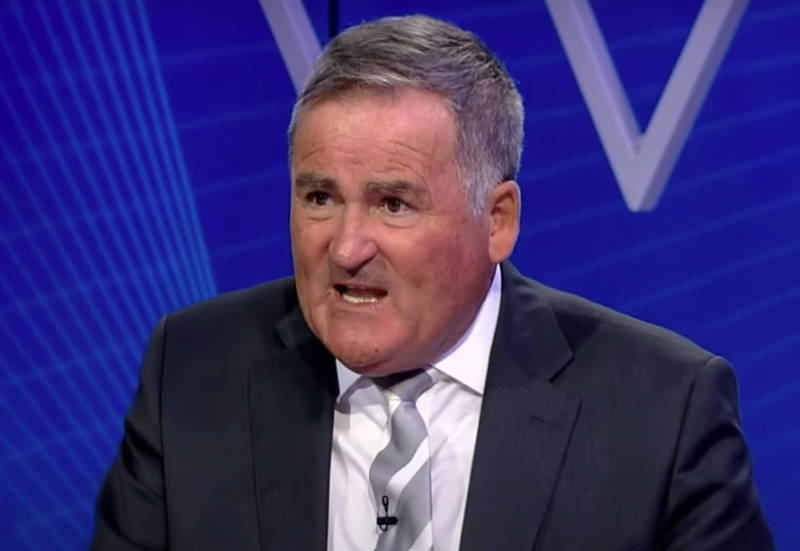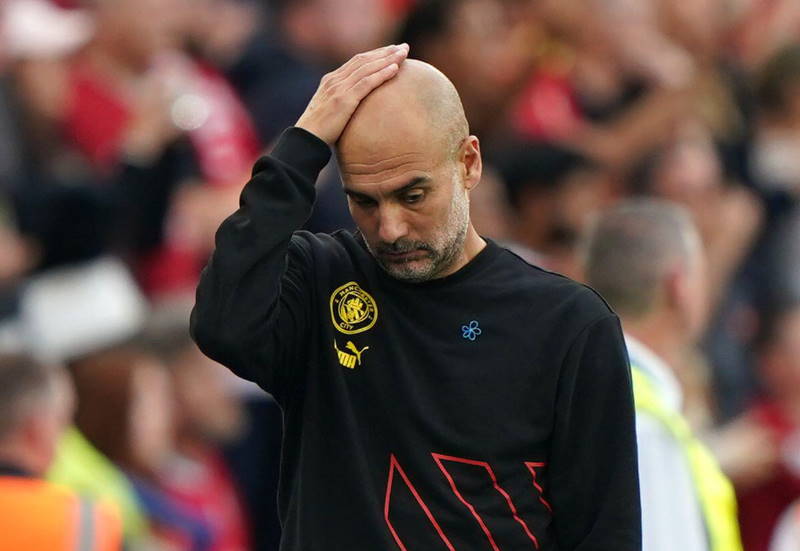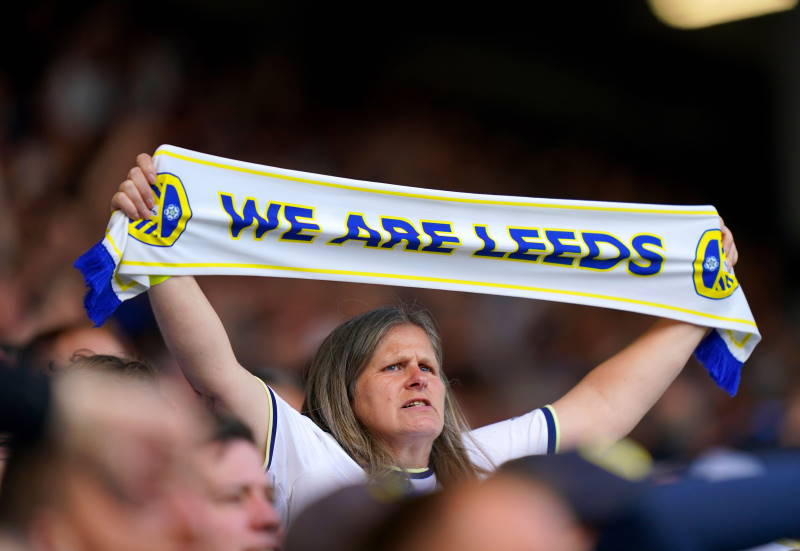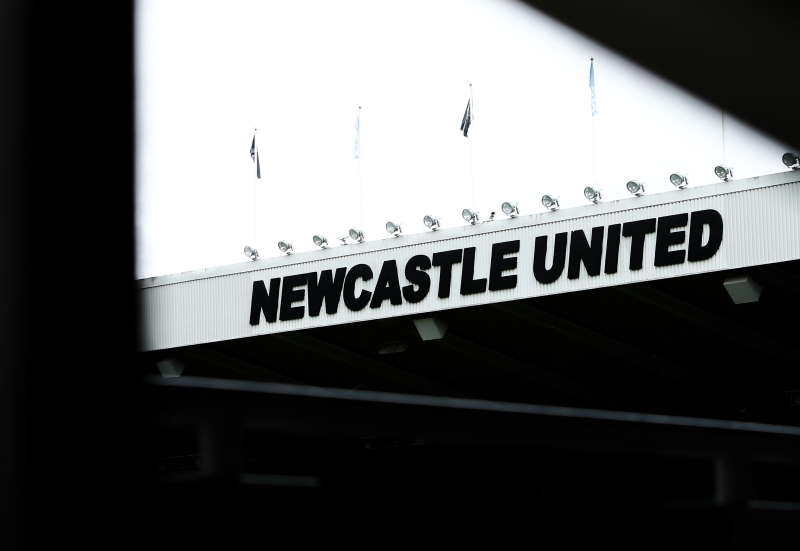
When Liverpool’s managing director Ian Ayre suggested the English Premier League should move away from collective bargaining of TV rights and towards an individual model similar to that used in Spain, he was derided. Dave Whelan, the fiery Wigan Athletic chairman, understandably leapt to the defence of the status quo, ensuring as it does a reasonably equitable division of money from TV revenues. It is easy to understand the Wigan perspective, but what has been lost is the Liverpool angle. The Reds’ fears should be felt by anyone interested in the health of the game.
Manchester United, as the Premier League have pointed out, received one and a half times the amount of TV money that Blackpool took home last season. This is something which has helped to ensure that the Premier League is competitive, that the top teams’ domination is checked. Ayre’s comments though were making a wider point which has been largely ignored. Without an individual TV deal, Barcelona and Real Madrid will move away from their European rivals and dominate football on the continent.
To give this some perspective, Manchester United made approximately £60M from TV rights last season, whilst Barcelona and Real Madrid earned around £120M each, and that will rise this season and the next. At the other end of the spectrum, Blackpool’s £40M in TV revenue was only roughly £1M less than that received by La Liga’s third best team last season, Valencia.
This inequitable division of TV revenue in Spain only makes the situation for English clubs trying to compete with the big two worse. Barcelona have now won three Champions League titles in six years, though this could be said to have much to do with their superb youth system as anything else. Real Madrid however, are a better case in point, spending as they have millions and millions over the years to become arguably the second best team in Europe.
The two Spanish sides finished with 96 and 92 points respectively last year, 99 and 96 the year before. These are astonishing totals, but they reflect the pair’s excellence rather than weakness on the part of the rest of the teams in La Liga. Last season’s Champions League was a taste of things to come. Manchester United could not get near Barcelona in the final; the semi-final between the Catalans and Los Blancos was the real decider for who would win the competition.
The continuation of the current trend, where the world’s best players (Cristiano Ronaldo, Cesc Fabregas, David Villa) move to one of the two, combined with the duo’s increasing TV revenues making meeting UEFA’s new financial fair play initiative relatively straightforward, will see the pair only become more dominant in Europe.
The financial fair play rules will mean that while the likes of Chelsea, Manchester City and Liverpool battle to fall in line with the new regulations, limiting the amount of money they can spend on wages and player transfers, Barcelona and Real Madrid will be able to increase what they pay, only exacerbating the situation. UEFA are aware of the problem, and want to help, but know they are relatively powerless to do so. There is even an initiative being discussed in the European Union, with the European Parliament set to propose a motion calling on leagues to negotiate TV contracts on a centralised basis to pressure La Liga further.
This is the problem Ayre is referring to, when he says “we definitely feel there has to be some rebalance.
“What we are actually doing is disadvantaging ourselves against other big European clubs. If Real Madrid or Barcelona have the opportunity to truly realise their international media value potential where does that leave Liverpool and Manchester United?"
The answer to his question, is that it leaves England’s elite a couple of rungs behind on the European football ladder. Though Liverpool’s main rivals at the top of the Premier League were quick to distance themselves from Ayre when he made these remarks, one influential figure at a major club in the league had previously said something very similar.
Though he did not call for an end to the collective TV deal, Arsene Wenger made precisely the same point at the start of the season; that Barcelona and Real Madrid were leaving the rest of the top teams behind.
In Spain, the situation is already causing anger. Villarreal’s president Fernando Roig and Sevilla supremo Jose Maria del Nido were particularly outspoken at the start of the season when they attacked La Liga for its uncompetitive nature. Who wants to see 5-0, 6-0 wins every week?
“I give it three to four years.
“Either this changes or we kill Spanish football”, commented Jose Maria del Nido earlier this season, adding that: "our tournament is not just the biggest joke in Europe, but in the world.”
It may already be too late for La Liga. Last year a collective deal was agreed in principle, but it would only entrench the dominance of Barcelona and Real Madrid. The duo’s share of overall TV revenue would drop from 45% to 34%, but it would be set in stone. Valencia and Atletico Madrid would then take 11% between them and the rest would be shared equally. Sevilla and Villarreal are battling to find a better deal before it is too late, but they may be fighting in vain.
But as the Sevilla vice-president Jose Maria Cruz said last month, it will soon be impossible not just for anyone else to win La Liga, but for another team to win the Champions League.
“It is consistent to think that in the future Barcelona and Real Madrid will win the Champions League every year as they are the richest teams in the world and they receive a lot of money from television, more than the rest of the European teams in their internal leagues.”
“Next year Madrid and Barcelona will receive probably €150M and Man Utd or Arsenal will get about €50M.
“The only way to compete with Madrid and Barcelona in the future is either a change of the Spanish TV system or to have a chairman like Man City or Chelsea do, who puts a lot of money in.”
But to have a chairman like Manchester City or Chelsea will be increasingly difficult in the age of financial fair play. Ayre’s words deserve more than cheap scorn. He is right – if nothing changes, soon no one will be able to compete with Europe’s two biggest clubs.


